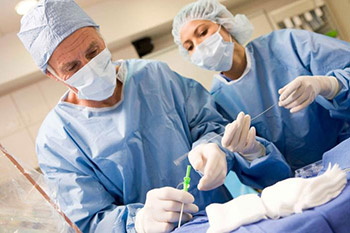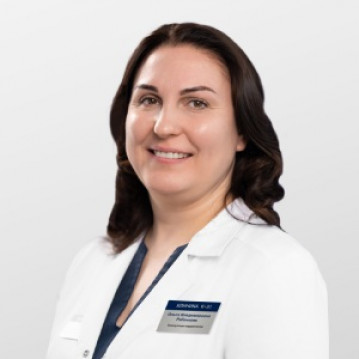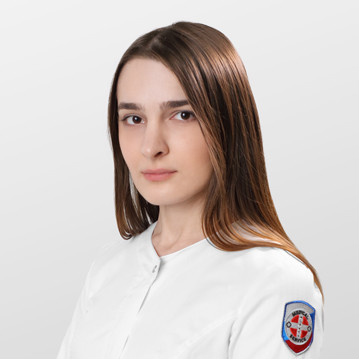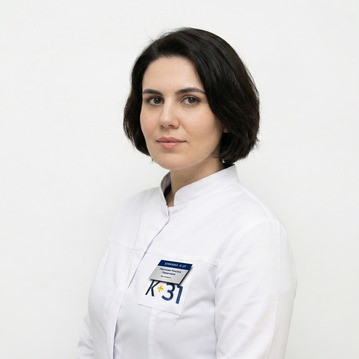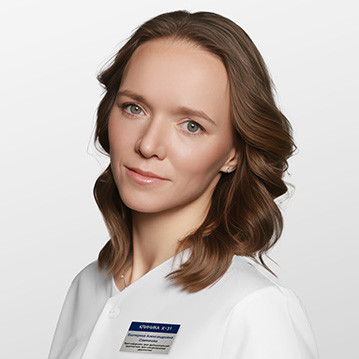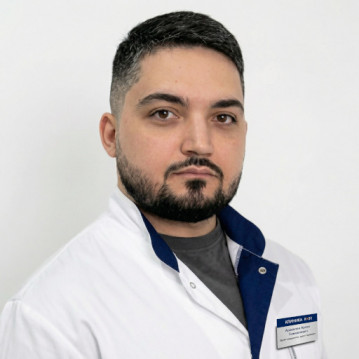Indications
Coronary angiography can be performed on a planned or emergency basis. Doctors of the K + 31 clinic individually approach the treatment of each patient and prescribe coronary angiography only when it is really necessary. The main indications for this study are:
- IHD (coronary heart disease);
- Long-term conservative treatment of angina pectoris, which did not bring the desired result;
- Post-infarction angina pectoris;
- Diagnostics in preparation for cardiac surgery.
Coronarography can detect damage to the arteries of the heart, valvular apparatus, aortic disease. The technique is informative from the point of view of evaluating the function of the heart muscle. It allows the doctor to determine the tactics of further treatment, to appoint a patient aorto-coronary artery bypass grafting or stenting. It is worth noting that heart surgeries, whether valve prosthetics or the elimination of congenital malformations, require reliable and most complete diagnostic information. Coronarography helps to get them.
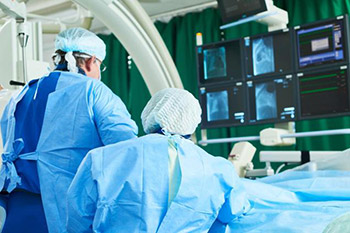
How is the coronarography procedure
The patient is placed in the ward, where he will be before and after the study. The doctor conducts a conversation with him, informs about the course of the procedure, assesses the condition and conducts an examination. The nurse, if necessary, helps the patient prepare for the study and directs him to the angiographic operating room. The doctor proceeds with the study. In the zone of access to the vessel, anesthesia is performed. Through the arteries of the hand, the doctor conducts the thinnest flexible catheter to the mouths of the vessels of the heart. Then, a radiopaque substance is introduced into the lumen of the artery to improve visualization. The anatomy of the coronary arteries is clearly displayed on the monitor of the angiograph. The doctor can easily see atherosclerotic plaques, their number and localization. According to the results of the study, further therapeutic tactics are determined.
General anesthesia during the procedure is not required, local anesthesia is sufficient. All manipulations are well tolerated by patients. The person is conscious, can communicate with the doctor and answer his questions. The duration of the procedure is only 15-20 minutes. It must be remembered that some individual anatomical features of patients can increase the study time. Immediately after the end of all manipulations, the patient is taken to the ward, where he remains for 4-5 hours after the procedure. You can immediately get up, sit, drink and have lunch. With good health, the patient goes home the same day. If the state of health worsens, as well as if an unforeseen situation occurs during the procedure, the patient is hospitalized in the intensive care unit.
Before discharge, the patient receives a disk with coronary angiography data, a conclusion and recommendations of the attending physician.
Contraindications to the procedure
- Endocarditis;
- Severe chronic diseases in the acute stage;
- Renal failure;
- Uncontrolled increase in blood pressure;
- Mental pathology;
- Heart failure;
- Diabetes mellitus in the stage of decompensation;
- Circulatory failure;
- Polyvalent allergy;
- Unstable angina pectoris;
- An acute form of peptic ulcer.
If there is a contraindication in the patient’s history, the study is performed in a hospital after drug therapy aimed at stabilizing the patient’s condition.
You can make an appointment with a doctor for consultation and treatment of diseases of the cardiovascular system by tel. 8 (800) 777 31 31 or 8 (499) 143 99 00. Also, patients can record online.
